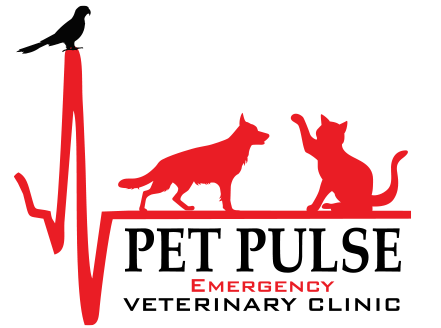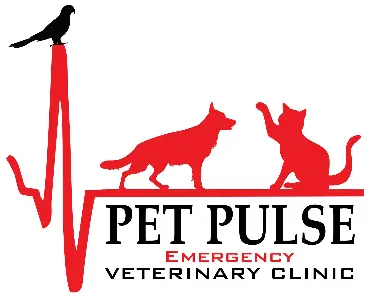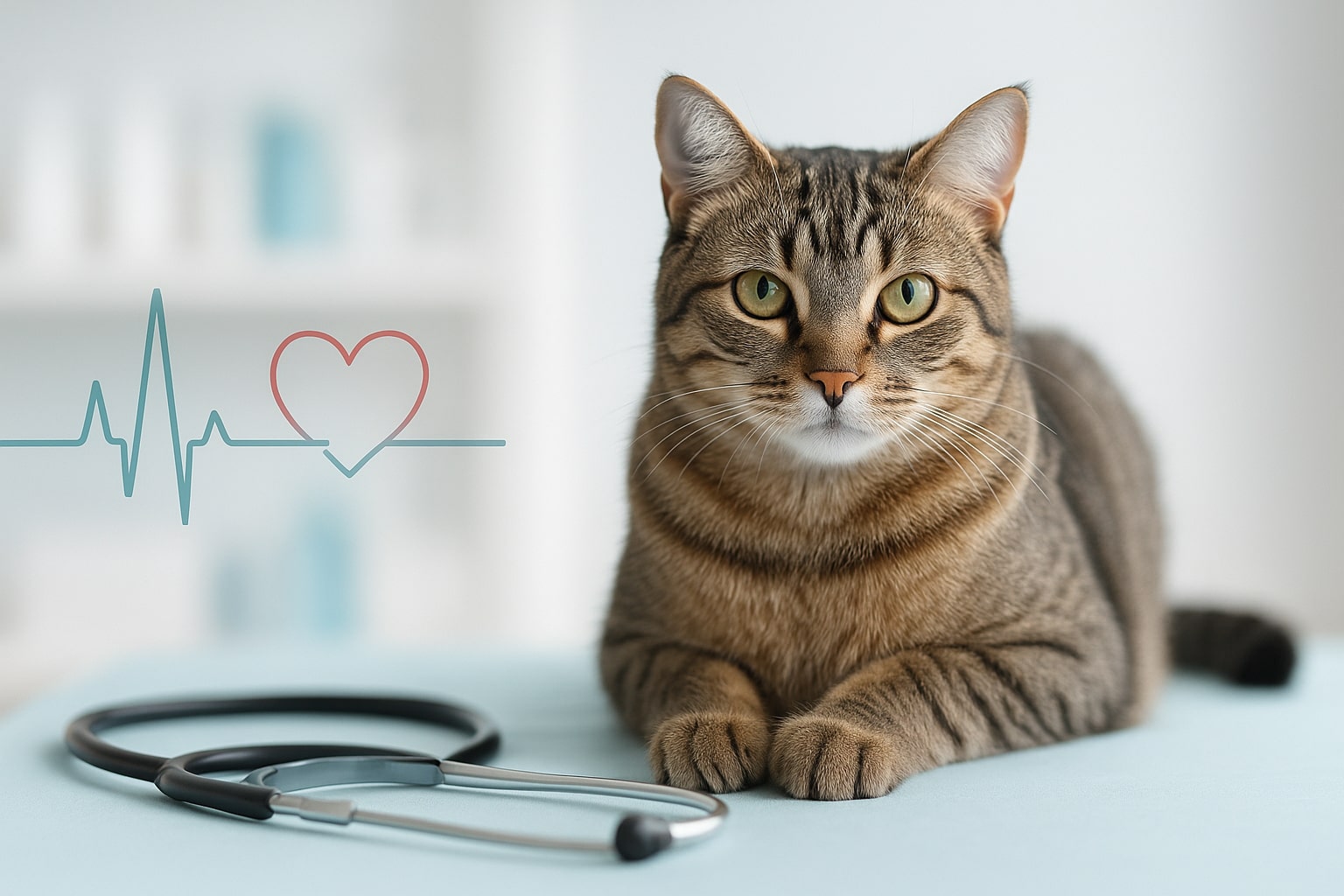If you’ve ever seen a cat suddenly breathe hard, collapse, or cry out in pain, it’s terrifying. Many people immediately think their cat is having a “heart attack.” In reality, what looks like a heart attack in cats is usually something else affecting the heart. So, can cats really have heart attacks?
Yes, cats can have heart attacks, but they are very rare. Most sudden collapses or deaths that people call a “heart attack” are actually caused by hidden hypertrophic cardiomyopathy (HCM), dangerous arrhythmias, or a blood clot known as a “saddle thrombus,” not a blocked coronary artery like in humans.
What people call a “heart attack” in cats (and what it really is)
- HCM is the big one. Hypertrophic cardiomyopathy (HCM) is the most common heart disease in cats. Up to 1 in 7 may have it, often with no signs until a crisis. Thickened heart muscle can lead to heart failure, rhythm problems, or blood clots.
- True myocardial infarction (MI) is rare. Unlike people, cats do not often get blocked coronary arteries. MI is reported mainly as uncommon case reports in critically ill animals.
- Blood clots (saddle thrombus). With heart disease, a clot can form in the heart and travel to the body’s main artery, blocking blood flow to the back legs. This causes sudden pain and paralysis.
Cat “heart attack” symptoms (what you might see)
Treat any of these as an emergency:
- Labored or fast breathing, open-mouth breathing, blue or gray gums (possible heart failure)
- Collapse, fainting, sudden weakness (possible arrhythmia or cardiac arrest)
- Sudden severe pain, back-leg paralysis, cold rear paws (classic for saddle thrombus)
Can stress, fear, or fireworks cause a heart attack in cats?
Stress or loud noises do not usually cause a human-style heart attack, but in cats with underlying heart disease they may trigger dangerous events such as breathing crises or arrhythmias. Keep noise-sensitive cats indoors and provide a calm, safe room during fireworks. Ask your vet about calming plans if your cat is easily stressed.
How often do cats have heart attacks?
There isn’t a simple percentage because true MI is rare and reported mostly as case reports. In contrast, HCM is common and is the leading cause of cardiac illness and death in cats, including sudden death.
Can cats have strokes?
Yes, but strokes are uncommon. Signs can include sudden balance loss, head tilt/pressing, circling, abnormal eye movements, vision loss, seizures, or collapse. High blood pressure, kidney disease, thyroid disease, and heart problems can be involved. Any sudden neuro sign is an emergency.
What to do right now if you suspect a heart or clot emergency
- Go to an emergency vet immediately.
- Keep your cat calm and warm; avoid stress and rough handling.
- Do not give human meds.
- If your cat suddenly can’t use the back legs and is in pain, treat it as a saddle thrombus until proven otherwise (time-critical)
Fast guide: “Heart attack” vs. common cat emergencies
| What you see | Most likely cause | What it’s called | Emergency? |
|---|---|---|---|
| Sudden collapse, gasping | Arrhythmia or heart failure from HCM | Cardiac arrest/CHF | Yes |
| Sudden back-leg paralysis + pain; cold paws | Clot from heart lodging at aorta | Saddle thrombus (FATE) | Yes |
| Labored breathing, blue gums | Fluid in lungs or chest from heart disease | Congestive heart failure | Yes |
| Sudden balance/vision change, head tilt | Brain blood-flow problem | Stroke (rare) | Yes |
Prevention & early detection
- Annual vet checks (more often for seniors or at-risk breeds).
- Ask your vet about listening for murmurs/arrhythmias and when an echocardiogram is smart.
- Keep stress low; plan ahead for fireworks if your cat is noise-sensitive.
Final words
True heart attacks in cats are rare, but heart disease is not. Most “heart attack” scares are really HCM, dangerous rhythms, or blood clots. If your cat is breathing hard, collapsing, or crying in sudden pain, treat it as an emergency and go to the vet right away.
You can lower the risk by staying alert to early signs, keeping stress low (especially during fireworks), and booking regular checkups, ask your vet when an echocardiogram makes sense. When in doubt, act fast. Quick action saves lives, and your calm, prepared response can make all the difference for your cat’s heart.



